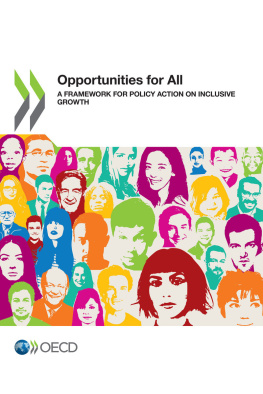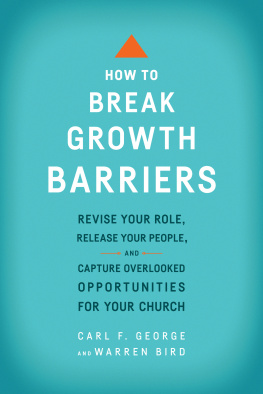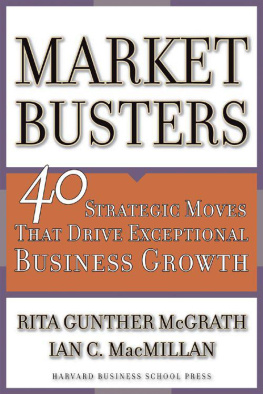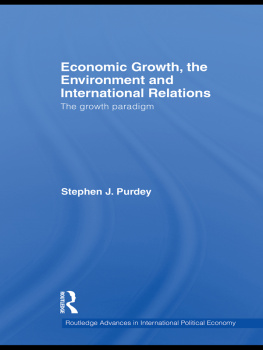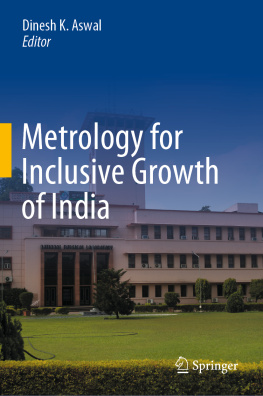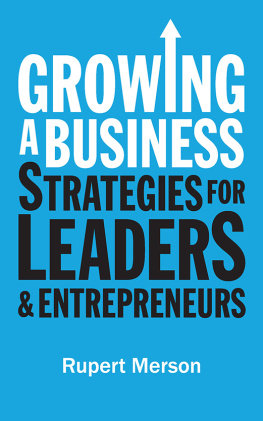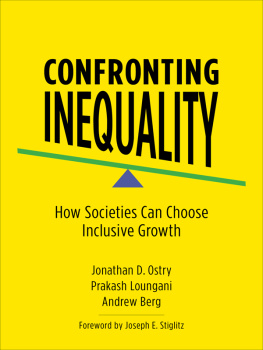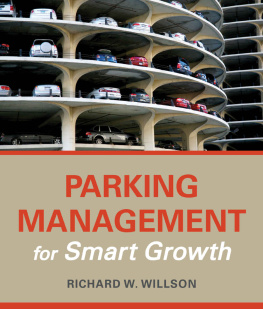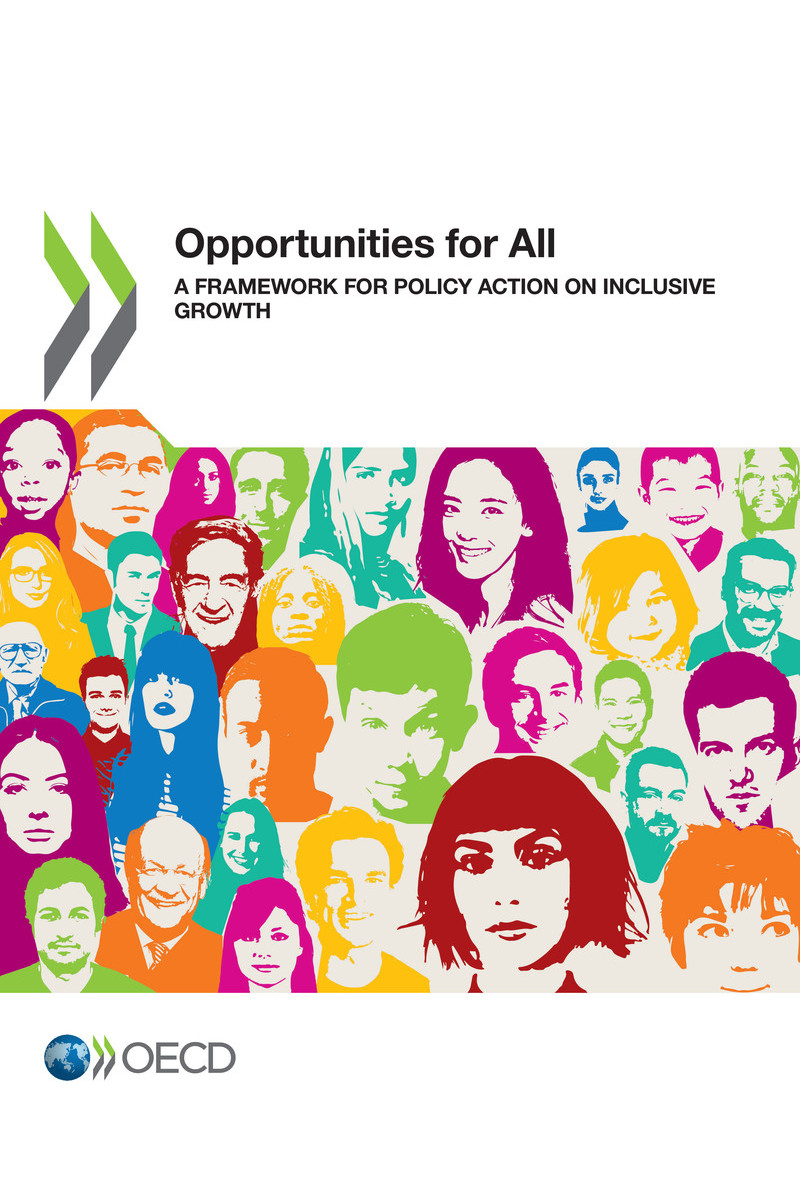Metadata, Legal and Rights
ISBN: 978-92-64-30165-8 (print) - 978-92-64-30166-5 (pdf) - 978-92-64-30549-6 (HTML) - 978-92-64-30548-9 (epub)
DOI: https://doi.org/10.1787/9789264301665-en
This work is published under the responsibility of the Secretary-General of the OECD. The opinions expressed and arguments employed herein do not necessarily reflect the official views of OECD member countries.
This document, as well as any data and any map included herein, are without prejudice to the status of or sovereignty over any territory, to the delimitation of international frontiers and boundaries and to the name of any territory, city or area.
The statistical data for Israel are supplied by and under the responsibility of the relevant Israeli authorities. The use of such data by the OECD is without prejudice to the status of the Golan Heights, East Jerusalem and Israeli settlements in the West Bank under the terms of international law.
Photo credits: Cover Fabio Parmeggiani.
Corrigenda to OECD publications may be found on line at: www.oecd.org/publishing/corrigenda .
OECD 2018
You can copy, download or print OECD content for your own use, and you can include excerpts from OECD publications, databases and multimedia products in your own documents, presentations, blogs, websites and teaching materials, provided that suitable acknowledgement of OECD as source and copyright owner is given. All requests for public or commercial use and translation rights should be submitted to .
Foreword
The OECD is at the forefront of developing a people-centred growth model in which well-being is the yardstick of success, not GDP per capita. In this model, everybody can contribute to growth, independent of their background or origins, and receive a fair share of the benefits. These are the central propositions of the OECD Inclusive Growth Initiative, launched in 2012 to provide answers on how to reduce the increased inequalities of income and opportunities that many OECD countries have experienced during the last decades.
At the core of this narrative is the fact that although promoting the growth and efficiency of markets is a precondition to increasing living standards, this by itself will not solve the problems of inequality and lack of inclusiveness, nor reduce the backlash against globalisation and technological innovation that disparities are fuelling. Based on past experiences, growth does not trickle down, particularly to those with the lowest incomes, if distributional impacts and equity considerations are not incorporated ex-ante in the design of policies. This requires a whole of the government approach to make sure that financial, fiscal or monetary decisions, among others, do not undermine social cohesion or social progress. They should work in synergy, and when dealing with trade-offs, well-being should be prioritised.
During the last ten years, the OECD has gathered a significant body of evidence on the increased inequalities of income and opportunities in many countries. The top 20% of the income distribution earns 9 times more on average than the bottom 20%. The distribution of wealth is even more unequal, with the top 20% keeping half, while the bottom 40% holds only 3%. Inequalities of income and opportunity compound disadvantages. A child whose parents did not graduate from secondary school has only a 15% chance of doing so itself, compared to 65% for more well-off children. Low-income people may experience lower life expectancy, and in some regions the gap with those at the top of the distribution can be as large as 7 years. OECD analysis of social and intergenerational mobility, and of ageing, shows the cumulative nature of these inequalities, and the fact that peoples future may already be determined by the neighbourhood in which they were born. Gender inequalities aggravate this outcome.
At the same time, the incomes and wealth of those in the upper part of the income distribution continue to grow, and this winner-takes-all dynamics has also accelerated a growing productivity gap between leading and lagging firms. Many factors that drive these inequalities and weigh on productivity potential are cross-border in nature, so they affect economies in an interconnected way. At the same time, large inequalities may go hand in hand with environmentally unsustainable patterns of production and consumption, and inefficient use of natural resources.
This analysis confirms that while social policies are important and we should enhance their effectiveness, they are not the whole answer. As the 2016 Productivity Inclusiveness Nexus report shows, high inequality is also an economic challenge that can reduce growth potential by preventing us from developing and benefitting from the talents of everyone, and enabling everyone to contribute fully to growth and thereby benefit from better jobs, better wages and better career prospects. The digital revolution in the world of work may worsen inequalities, so a major policy response is needed to address the fundamental causes of inequalities.
We need to act now. The OECD Framework for Policy Action on Inclusive Growth, unveiled in this report, provides a new blueprint to ensure that we grow inclusively . With this Framework, we go one step further with a substantive analysis of what could have been done better to strengthen the foundations for sustainable growth, if we had known better how inequalities can weigh on growth. Moving beyond GDP metrics and statistical averages, this report puts people at its centre, focuses on well-being outcomes, and emphasises the distribution of outcomes across the population.
The Framework is designed to help countries achieve growth on a sustainable basis with rising living standards while respecting environmental boundaries, by providing equal opportunities to all. It is a practical summary of OECD policy options to invest in people and places, support business dynamics, make labour markets more inclusive, and rebuild trust to strengthen social cohesion. Supported by a dashboard of 24 indicators, the Framework provides guidance to complement national development strategies on a number of Sustainable Development Goals that are relevant from an inclusive growth perspective.
The Framework does not adopt a one size fits all approach. Inequalities unfold in different ways across countries, and specific context and social preferences need to be taken into account. But some policies hold the promise of improving the life of everyone, for instance high-quality education from early childhood through to school age and beyond, with a focus on granting access to educational opportunities to children from disadvantaged families. Comprehensive and forward-looking skills and training policies are also central to preparing for the future of work and to bridge divides between workers. Other forms of investment in peoples capabilities, for instance in health, or in broader enabling factors, such as housing, infrastructures and connectivity, are also needed to shift towards a sustainable model of prosperity and well-being. Finally, actions in support of broad-based and grassroots innovation and entrepreneurship can strongly sustain a process of inclusive growth. Governments cannot win the fight for equality and well-being alone. The business sector, civil society and all citizens have a role to play. The OECD is there to orchestrate the conversation in support of better policies for better lives.

